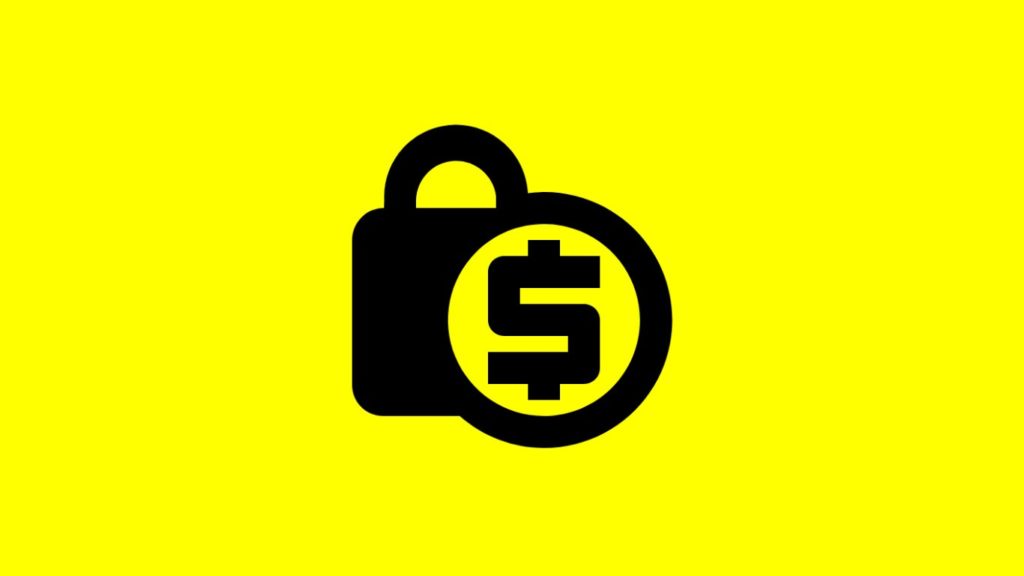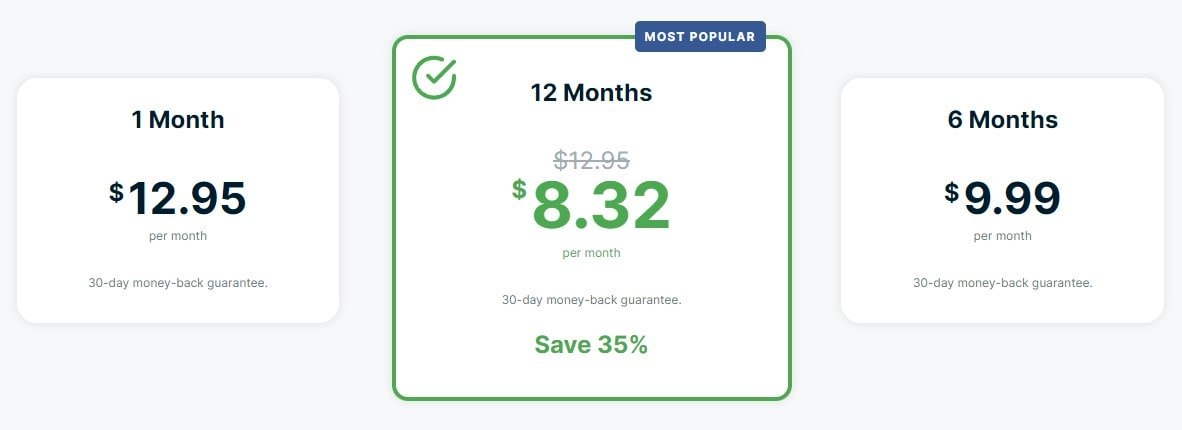
After more than two decades of its invention, the VPN has become more and more commonplace. And it is the VPN vendors and providers who contributed significantly. They took the tech and offered it as a service, which even affected the way we browse the internet. Today, VPNs are a name familiar to most internet users, and while there might be different providers, they do have one thing in common, and that is a VPN subscription. But what is a VPN subscription, and how is it helpful? The following article aims to cover it extensively.
What is VPN Subscription?
VPN is a technology that started as a means for different branches of a corporation to communicate within themselves securely and privately. However, it has now evolved into a service for the general internet user, who can use a VPN to ensure his online safety. But what was it that changed this tech into a service or product?
The answer lies with the various VPN providers who are at the top of the game. They started packaging and marketing VPN as a service instead of a tool. How> By charging users a fee for using their network to avail the benefits of a VPN without creating one.
Almost every top-tier or effective VPN uses the subscription business model to provide customers with a dedicated VPN service for a periodic fee. It is what we call a VPN subscription. These vendors do not sell the product individually but allow users to access VPN services for a limited period of time, granted they pay for it.
Due to this, VPNs have become a billion-dollar industry, with a projected valuation of $140 billion by the year 2030. This monetary injection not only drove vendors to provide better quality products and services but also introduced innovation to the industry.
Today, a VPN subscription can be purchased for a month, a year, two years, or even a lifetime.
Free vs Paid VPNs
Before we move any further into our topic, it is necessary that we clearly state that not all VPNs offer a subscription plan. There are VPN providers who offer the service totally free of cost. They make a profit via ads or other means but do not charge the users for a subscription. However, such VPNs do not rank among the top. And there is an obvious reason for it. Since they can make do with a subpar product and earn revenues elsewhere, they do not invest the money back in the product. That is why, free VPNs are incomparable to paid ones. Take a look at this comparison for a clearer picture.
| Factors | Free VPNs | Paid VPNs |
|---|---|---|
| Bandwidth Use | They offer limited use. Either they limit data use or limit the amount of time. | Most top-tier providers offer unlimited service. |
| Connection Speed | Due to limited servers and other technicalities, such services offer subpar speed. | If you are using a decent VPN, you won’t experience any noticeable speed drop in your connection. |
| Privacy or Logging Policy | One can’t trust free VPNs. They are potential security threats as they do not have watertight policies to protect user data. | Paid VPNs ensure the data safety and privacy of users. They have a zero-logs policy in place to protect user interest. |
| Encryption | Free VPNs often employ outdated encryption techniques. Some are even proxies and do not offer any encryption. | Paid VPNs bring state-of-the-art technology to the table. |
| Security | Such VPNs do not have any security features. | You will find several security features, such as a Kill switch, IP leak protection, etc. |
| Advanced Features | These VPNs are basic. | Paid VPNs come with lots of additional stuff like Tor Over VPN, SOCKS, split tunneling, port forwarding, etc. |
| Obfuscation | These VPNs can’t circumvent blocks. | Paid VPNs have specific technology that helps users bypass blocks. |
| Streaming | You won’t be able to bypass the geo-blocks of popular streaming platforms. | You can access almost every streaming platform. |
| Supported Devices | Free VPNs are only available for a few devices. Android has the most free VPNs. | Paid VPNs support multiple devices, including niches such as gaming consoles, streaming devices, and smart TVs. |
| Simultaneous Connections | You will need to download different VPNs for different devices. | You can run multiple devices with a single subscription. |
| Customer Support | There is next to no customer support. | Such VPNs offer dedicated customer support. |
For a better understanding, you can take a look at the Free vs Paid VPNs article.
Average price of a VPN subscription

There are many VPNs and equally abundant subscription plans. But just like VPNs, these plans are also not equal. Some can be too costly, while others are cheap. When a user buys a VPN subscription, he is paying for the VPN service and everything that comes with it, such as access to the private network, additional advanced features such as malware or adware blocker, simultaneous connection, online threat protection, and so on. Hence, the more and better quality a provider offers, the higher the price of the subscription.
Now, we have to state that, in general, we have observed that short-term subscriptions are relatively costlier than, say, a 2-year plan. But not everyone can make such a long commitment to a particular vendor. And it is exactly this reason VPN providers also present an accompaniment offer, which is the 30-day, no questions asked, money-back guarantee. It ensures that the user can invest in a VPN of his choice with a free state of mind, as he can get his whole amount back if left unsatisfied by the service.
What factors determine the pricing of a VPN subscription?
While we understand that the subscription pricing of a VPN varies, why? Depending on what the VPN offers, it charges accordingly. Here are a few factors that help providers determine their subscription pricing.
Length of the plan
When talking about VPN subscriptions, the one factor that affects pricing more than anything is undoubtedly the length of the plan. VPN vendors spend a lot on providing better and newer tech. At the same time, they spend wholeheartedly on marketing so as to attract new customers. However, it is a well-known fact that retaining older customers is far cheaper than adding new ones. Hence, when a user opts for a monthly subscription, it costs more as the vendor factors in the cost of finding a replacement when the user would eventually leave.
On the other hand, those subscribing for a long term get the deal for cheap as from the company’s perspective, since the user has already paid, he isn’t going anywhere, and over time they will earn enough to recuperate any losses.
VPN Network
Another factor that affects pricing is the service being offered. If the VPN offers a small network for a glaring price, then most users will avoid it as it is not worth the money spent. Providers with a robust network in place, with enough VPN servers, strong security, a watertight logging policy, and attractive features price their service accordingly.
Advanced Features Offered
Then there are some features that are either niche or exclusive to a particular VPN provider. Take ExpressVPN, for example. It offers an exclusive proprietary VPN protocol and other exclusive features. So its subscriptions are a little costlier than other vendors.
Market Competition
And finally, we have market competition. The pie is only so big, and there are too many players, so the vendors have to not only price their subscriptions aggressively but also strategically while minding their competition.
